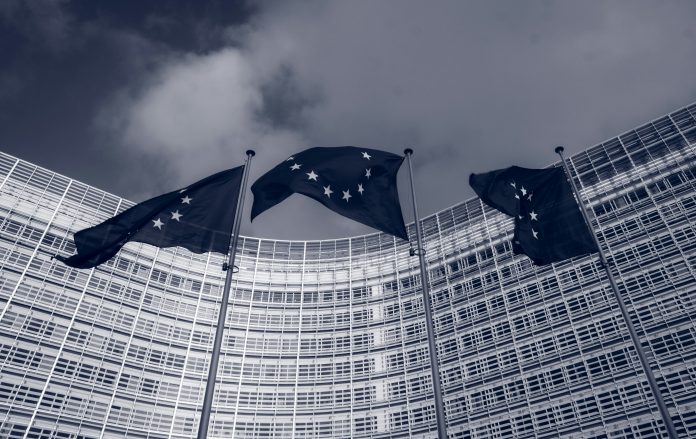In a significant stride towards regulating artificial intelligence (AI), the European Parliament adopted the Artificial Intelligence Act in a bid to ensure safety and compliance.
This landmark legislation, a culmination of negotiations with member states since December 2023, received overwhelming support with 523 votes in favor, signaling a robust endorsement of its objectives. The act is poised to ensure safety, uphold fundamental rights, and propel innovation, marking a bold step in establishing Europe as a pioneering leader in AI regulation.
Central to the act are provisions aimed at protecting democracy, fundamental rights, the rule of law, and environmental sustainability from the potential high risks posed by AI technologies. By instituting obligations tailored to the risk levels associated with various AI applications, the legislation seeks to balance innovation with ethical considerations.
The act unequivocally bans AI applications deemed threatening to citizens’ rights. These include, but are not limited to, biometric categorisation based on sensitive characteristics, untargeted scraping of facial images, and emotion recognition in sensitive settings such as workplaces and schools. Furthermore, it restricts social scoring, predictive policing based solely on profiling, and any AI that manipulates human behavior or exploits vulnerabilities.
Law enforcement agencies face stringent restrictions under the new rules, with the principle prohibition of real-time biometric identification systems (RBI), save for narrowly defined, exhaustively listed exceptions. These exceptions, subject to strict safeguards including prior judicial or administrative authorization, cover scenarios like searching for missing persons or preventing terrorist threats. High-risk use cases, such as post-event biometric identification, demand judicial oversight linked to criminal offenses.
High-risk AI systems, given their significant potential impact on health, safety, and fundamental rights among other areas, are subject to clear obligations. These systems span a wide range of applications, from critical infrastructure and education to law enforcement and democratic processes. The act mandates these systems to assess and mitigate risks, ensure transparency, maintain use logs, and guarantee human oversight, empowering citizens with the right to lodge complaints and seek explanations for AI-driven decisions that affect their rights.
Transparency is also a cornerstone for general-purpose AI (GPAI) systems, which are required to comply with EU copyright laws and publish detailed summaries of their training datasets. The more powerful GPAI models, with the potential to pose systemic risks, will face additional scrutiny, including model evaluations and incident reporting. The legislation further mandates that deepfakes be clearly labeled to distinguish them from genuine content.
In a bid to nurture innovation and support small and medium-sized enterprises (SMEs), the act calls for the establishment of regulatory sandboxes and real-world testing environments. These initiatives aim to facilitate the development and training of innovative AI technologies before their market introduction, providing a conducive ecosystem for startups and SMEs to thrive.
Internal Market Committee co-rapporteur Brando Benifei (S&D, Italy) said, “We finally have the world’s first binding law on artificial intelligence, to reduce risks, create opportunities, combat discrimination, and bring transparency. Thanks to Parliament, unacceptable AI practices will be banned in Europe and the rights of workers and citizens will be protected. The AI Office will now be set up to support companies to start complying with the rules before they enter into force. We ensured that human beings and European values are at the very centre of AI’s development”.
With the regulation set to undergo a final legal review before its formal adoption, its enforcement is eagerly anticipated. The bans on prohibited practices will take effect six months post-enforcement, with other provisions phased in over the subsequent months. This phased approach underscores the EU’s commitment to a balanced, forward-thinking framework that fosters innovation while safeguarding fundamental rights and values.
Keep up with all the latest FinTech news here.
Copyright © 2024 FinTech Global
Copyright © 2018 RegTech Analyst






